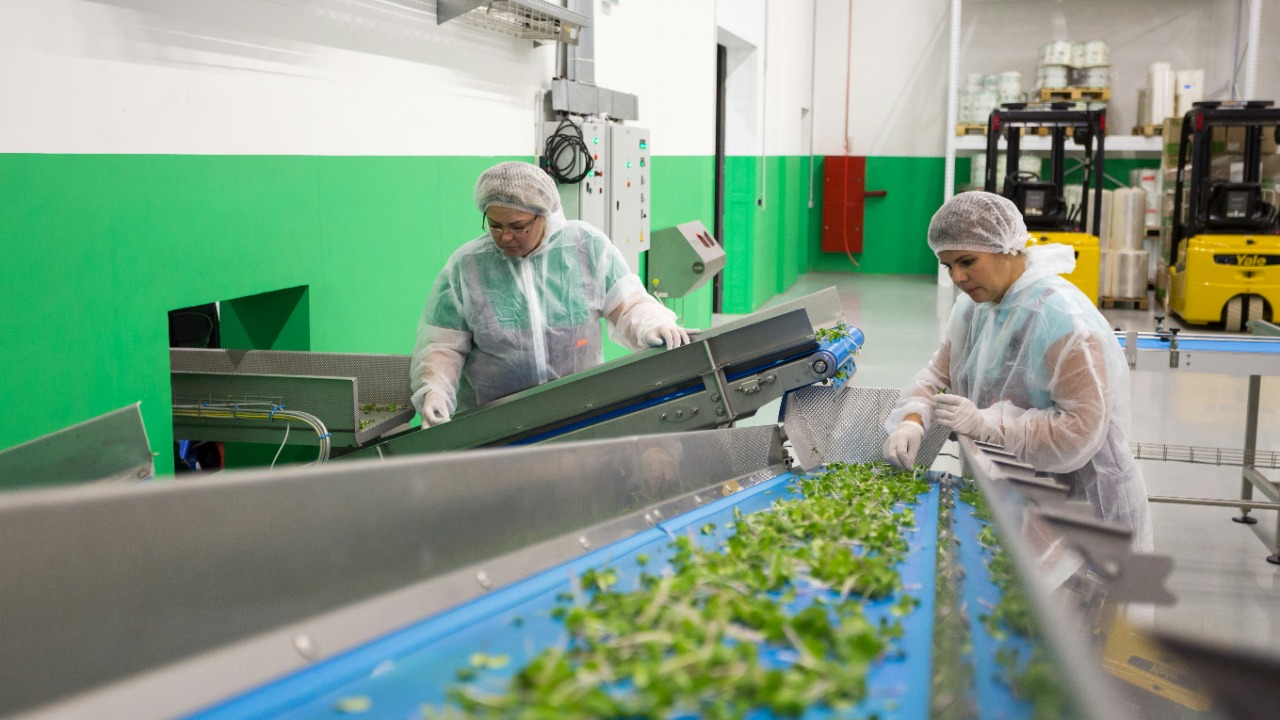
Nanotechnology is revolutionizing various industries, and food production is no exception. By manipulating materials at the molecular or atomic level, nanotech offers innovative solutions to longstanding challenges in agriculture and food science. Here are nine ways nanotechnology is making a significant impact on how we produce and consume food.
Precision Agriculture
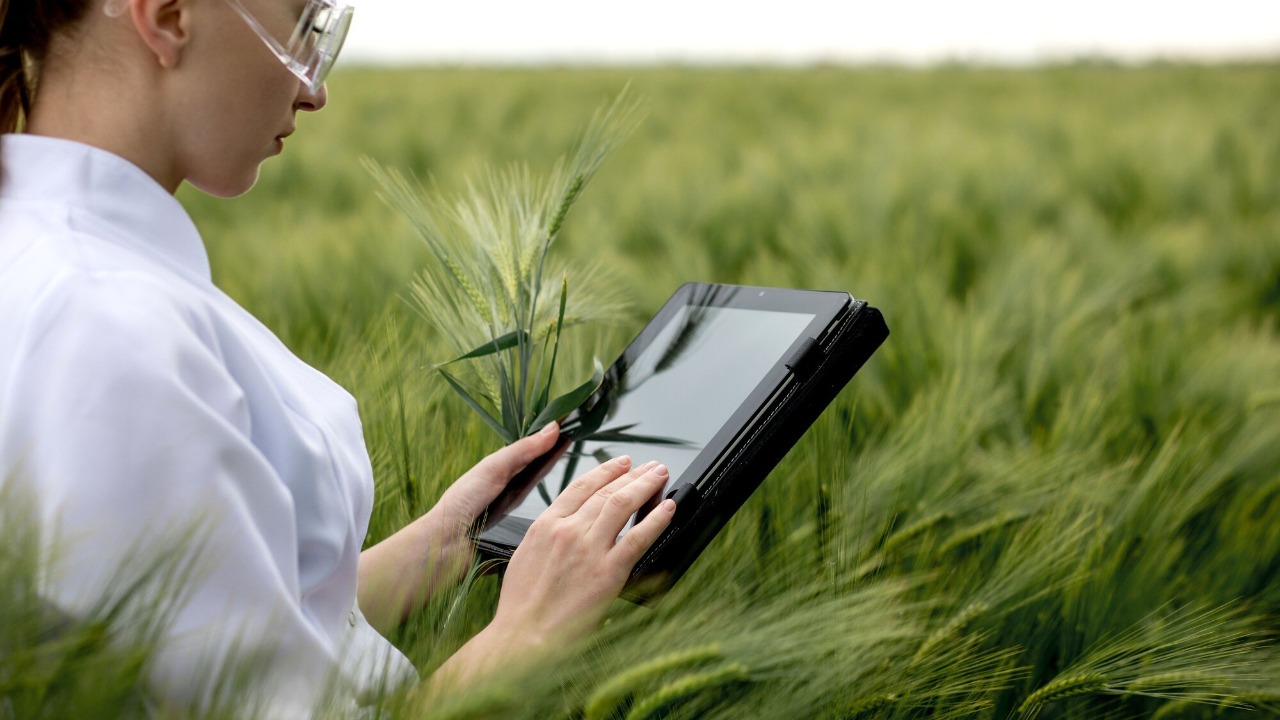
Precision agriculture is enhanced through nanotechnology by allowing farmers to manage crops more efficiently. Nanoparticles can be used as sensors to monitor soil conditions, providing real-time data on nutrient levels and moisture content. This data enables farmers to optimize the use of water, fertilizers, and pesticides, ensuring that each plant receives exactly what it needs to thrive.
For instance, nanocapsules can deliver nutrients directly to plant roots, reducing waste and environmental impact. This level of precision not only boosts crop yields but also promotes sustainable farming practices.
Enhanced Food Safety
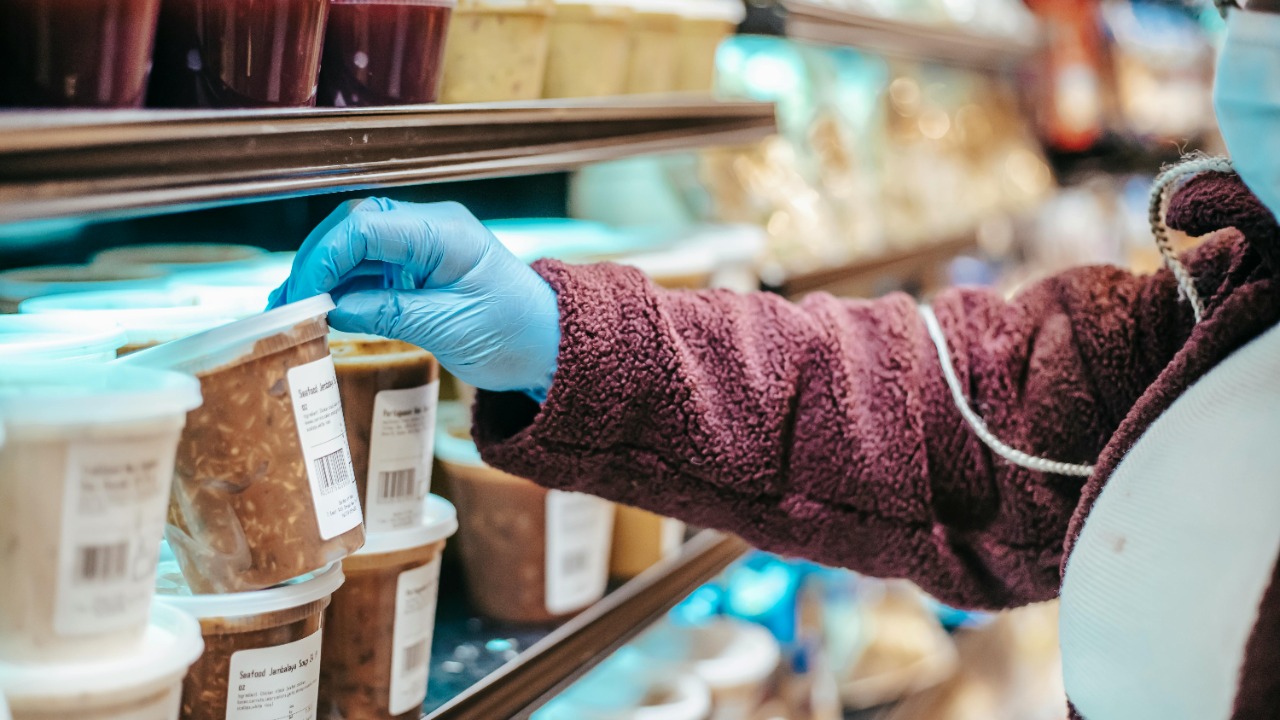
Nanotechnology plays a crucial role in improving food safety by detecting contaminants and pathogens more effectively. Nanomaterials can be engineered to identify harmful bacteria and toxins rapidly, ensuring that contaminated food is detected before reaching consumers. This capability is particularly important for preventing foodborne illnesses.
For example, nanosensors can be integrated into packaging to provide real-time alerts if the food inside becomes contaminated. This proactive approach to food safety could significantly reduce the incidence of outbreaks, protecting public health and increasing consumer confidence.
Improved Nutrient Delivery

Nanoencapsulation techniques are being developed to enhance the delivery of nutrients in food products. By encapsulating vitamins and minerals in nanoparticles, manufacturers can improve their bioavailability, ensuring that our bodies absorb them more efficiently. This advancement has significant implications for addressing nutrient deficiencies in various populations.
Additionally, nanoemulsions are used to fortify beverages with omega-3 fatty acids without affecting taste or texture. This method ensures that essential nutrients are easily incorporated into our diets, contributing to better overall health.
Extended Shelf Life

Nanotechnology offers innovative solutions for extending the shelf life of perishable foods. By incorporating nanomaterials into packaging, manufacturers can create barriers that prevent oxygen and moisture from spoiling the contents. This not only reduces food waste but also enhances the freshness of products.
For example, nanosilver particles have antimicrobial properties that can inhibit the growth of bacteria and fungi, keeping food fresh for longer periods. Such advancements are especially beneficial in regions where access to refrigeration is limited, ensuring that more food reaches those who need it.
Smart Packaging Solutions
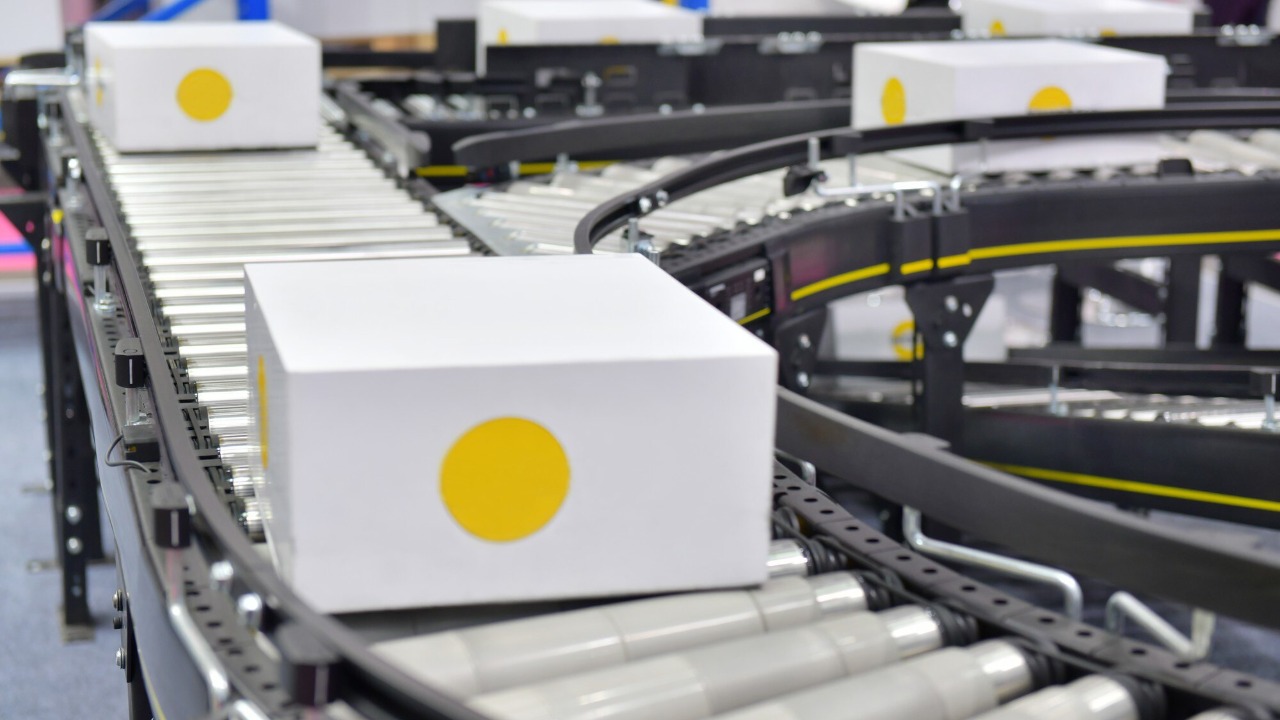
Smart packaging powered by nanotechnology is revolutionizing how we store and preserve food. These packages can monitor the condition of their contents, providing valuable information about freshness and safety. Consumers can make informed decisions about the quality of their food based on real-time data provided by these intelligent systems.
Some packaging solutions include temperature indicators and freshness sensors that change color to signal spoilage. This technology not only enhances consumer trust but also helps retailers manage inventory more efficiently, reducing food waste and improving supply chain management.
Water Purification Techniques
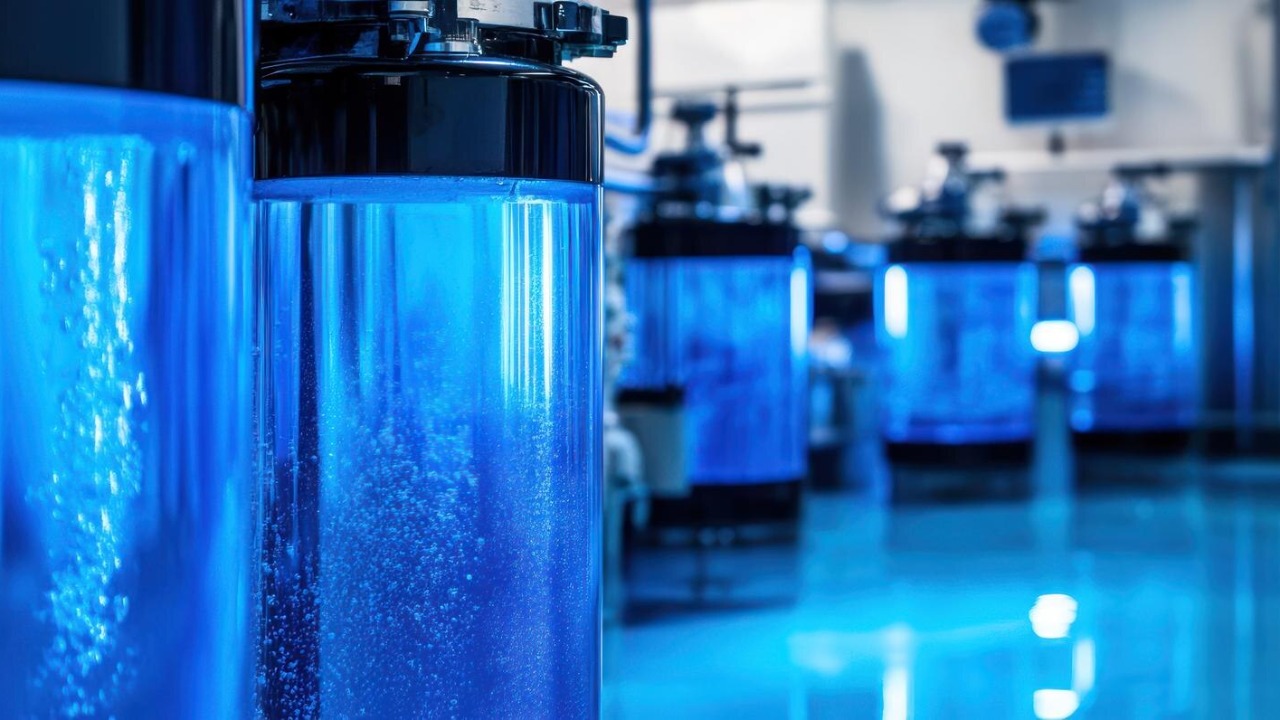
Nanotechnology is making strides in water purification, a vital component of food production. Nanomaterials can remove contaminants and pathogens from water sources more effectively than traditional methods. As clean water is essential for irrigation and food processing, these advancements have far-reaching implications for agriculture.
For instance, nanofiltration membranes can selectively remove impurities from water while retaining beneficial minerals. This technology ensures that crops receive high-quality water, promoting healthy growth and improving overall yield.
Pest and Disease Control

Nanoscale pesticides offer a promising solution for effective pest and disease control in agriculture. These pesticides can be engineered to target specific pests, reducing the need for broad-spectrum chemicals that harm beneficial insects and the environment. This targeted approach minimizes the ecological impact while maintaining crop health.
Additionally, nanoparticles can be used to develop vaccines for plants, boosting their immunity against various diseases. This preventative strategy reduces the reliance on chemical treatments, promoting more sustainable farming practices and healthier ecosystems.
Sustainable Fertilizers
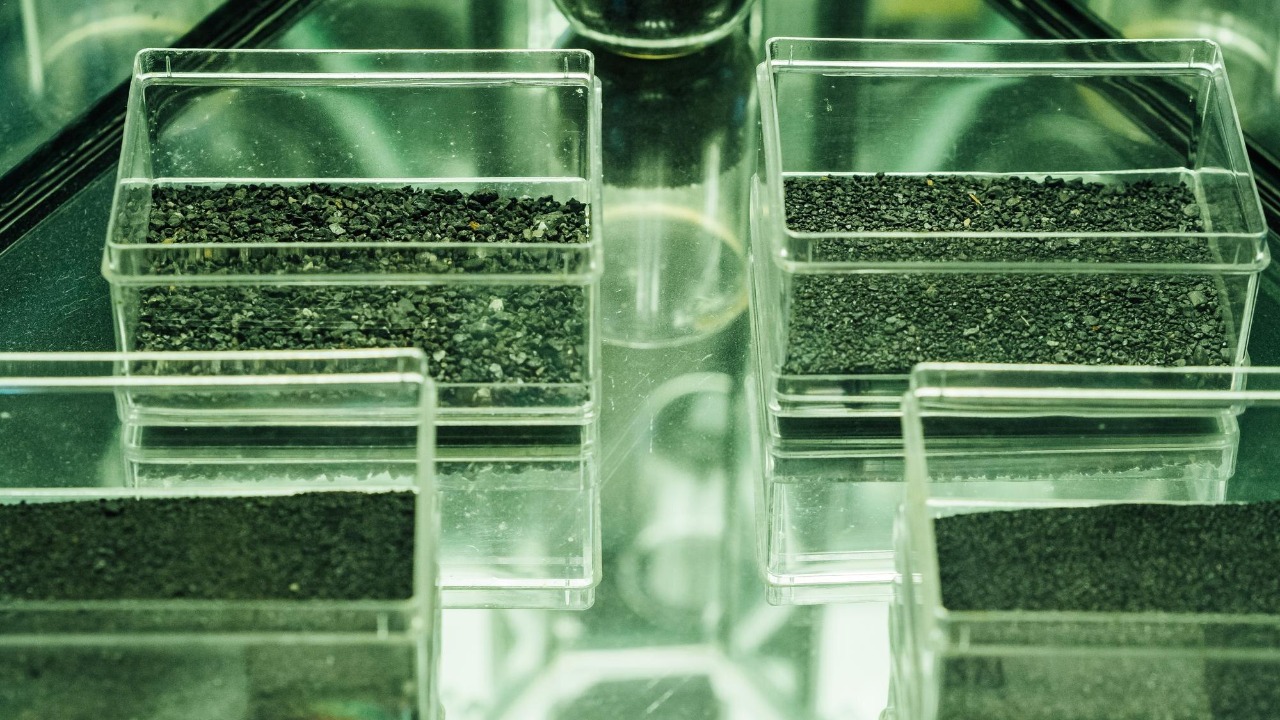
Nanotechnology is contributing to the development of sustainable fertilizers that enhance nutrient uptake and reduce environmental impact. By controlling the release of nutrients at the nanoscale, these fertilizers ensure that plants receive the right amount at the right time, minimizing runoff and pollution.
Researchers are exploring the potential of using nanoclay to improve soil health and water retention. This approach not only supports plant growth but also enhances the resilience of agricultural systems to climate change, ensuring food security for future generations.
Efficient Food Processing
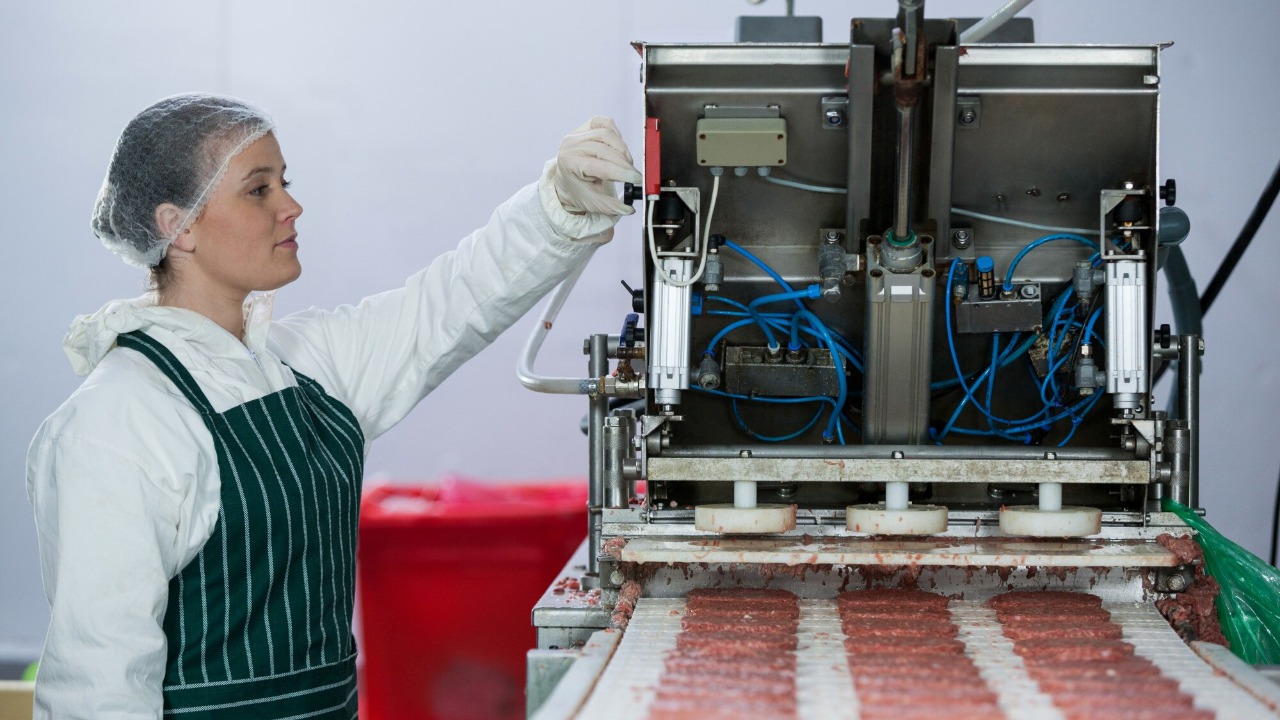
Nanotechnology is streamlining food processing techniques, making them more efficient and cost-effective. By utilizing nanomaterials, manufacturers can improve the texture, flavor, and nutritional content of processed foods. This advancement caters to the growing demand for high-quality, convenient food options.
For example, nanoparticles are used to create emulsions that enhance the mouthfeel of low-fat products, making them more appealing to consumers. Additionally, nanotechnology can reduce energy consumption during processing, contributing to a more sustainable food industry overall.